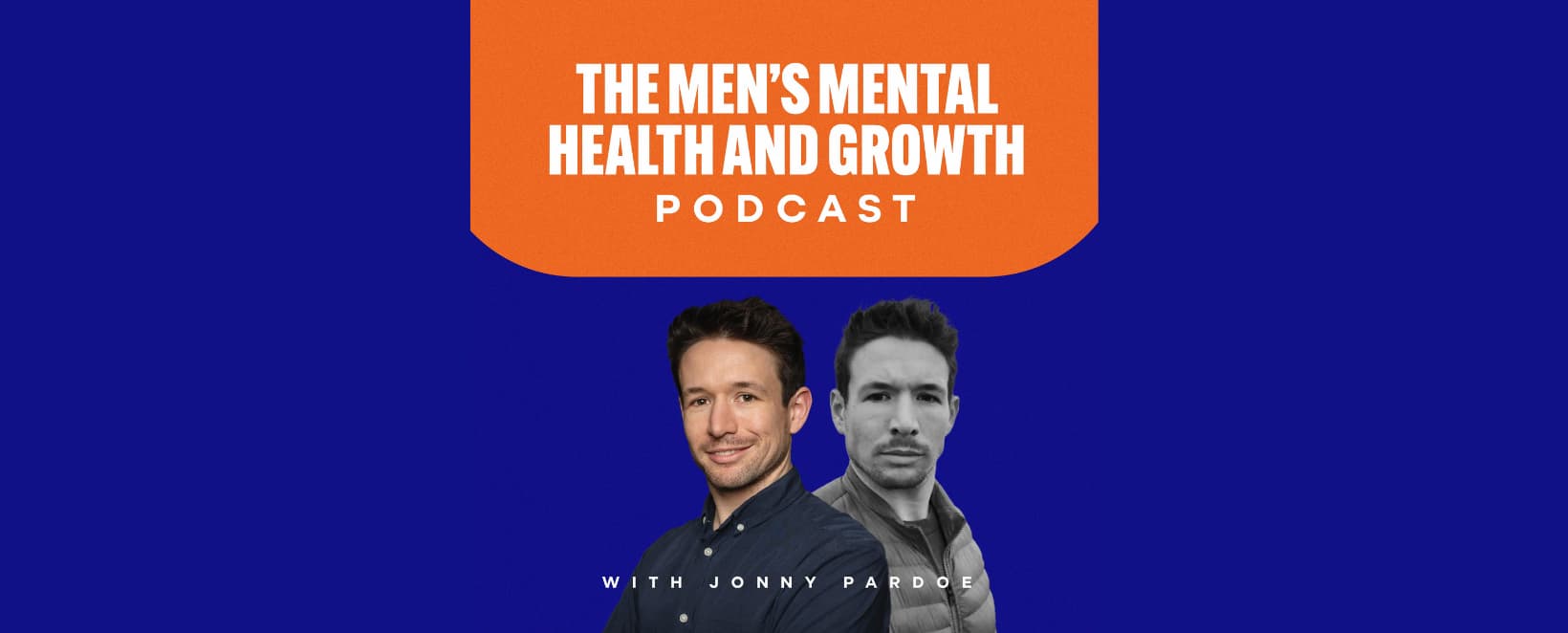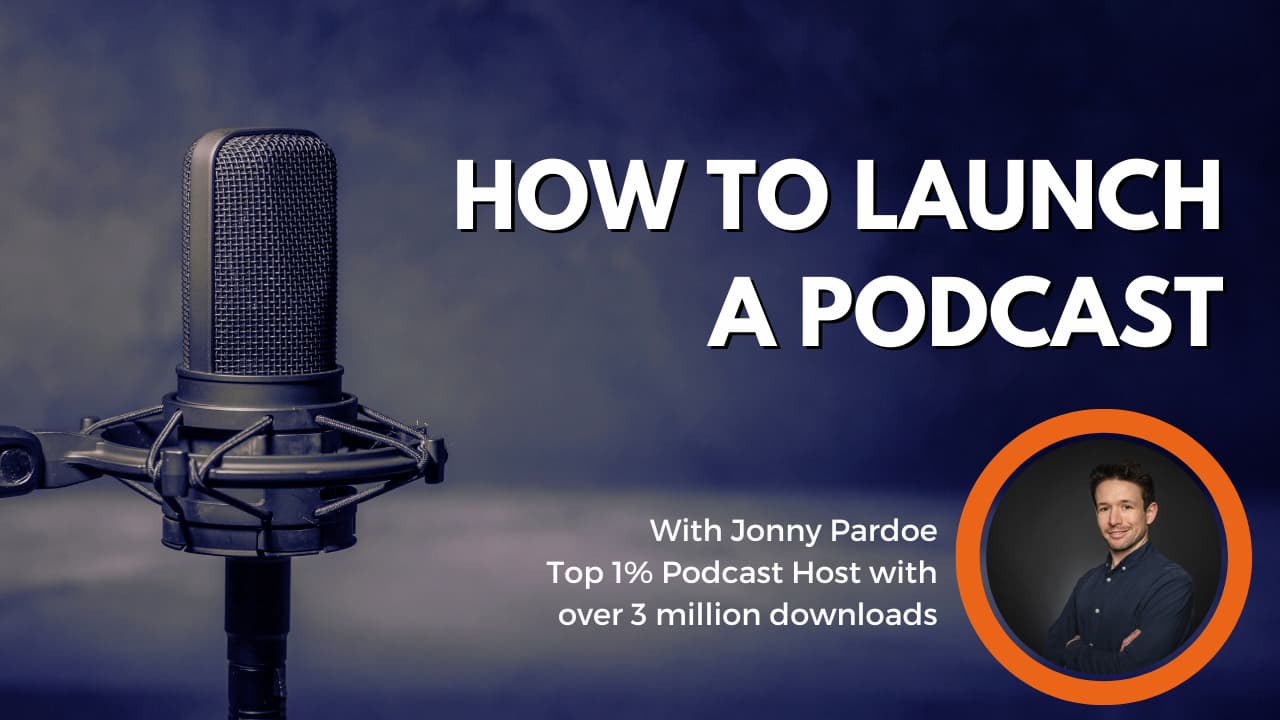Have you ever wanted to write but didn’t have the confidence to share? Or perhaps you write but sometimes your own voice in your head gets too picky? Perhaps you compare yourself to others?
In the very competitive and busy world we live in, it is quite easy to do those things I mentioned above, and certainly, they are what I’ve done that held me back from writing. I now write this blog focusing more on getting this message out than on perfection. Perfection doesn’t exist; it’s something that can’t be achieved.
With my most recent writing project: how to write with confidence and reduce overthinking, I wanted to write a blog specifically on this. In today’s blog, I have provided you with four tips to gain more confidence in your writing. Whether you are writing a book, blog, article, or any format, this blog is for you.
Get a clear and emotional why
If you know me, you know I am a huge fan of Tony Robbins and Dean Graziosi — two huge names in the personal growth world. Tony is debatably the bigger name. I listen to his content and attend multiple events Tony does (especially in this virtual world) to really hone in on the messages and implement them.
One message I’ve picked up from him and Dean is to get really clear on your why. Why do you want to write? What will it give you? This isn’t just true of your writing but your why for anything is vital. Often, people will know why they want to do something and then forget about their why and stop. It’s soooo important to review the why regularly and get an emotional attachment to it. Not just ‘it will give me more money’, what do you love about writing? Is it the freedom, the creative space, the sense of adventure, how important you feel within yourself when writing? Tap into this.
Consider what others will get from your writing too. Could your writing change someone’s life? Are you going to make an impact on the world? What pleasure will it bring you?
Talking about pleasure, people often associate things with pain and pleasure. Sometimes, as creatives, the pain can be the worry of what others think, which outweighs the pleasure of enjoying the writing. Therefore, it’s really important to consider what the pain will be if you do NOT write. Will you continue to experience frustration, will it cause you to be miserable, will you look back with regret, and will you not save someone’s life? This sounds all quite dramatic but it’s these kinds of emotions we need to attach to our writing to move forward.
Work out your true emotional why for writing, summarise it, and review it daily. This will help you move forward when times are challenging.
Regularly reminding yourself of all your achievements
This is an exercise I regularly have spoken through with clients. Our brain will naturally look for the negatives and worries around us. The brain is a survival mechanism to look out for dangers. Most of the time, the majority of what it perceives as negative are not dangers at all, but unless you train the brain, it will not think positive. An exercise, therefore, is to write down every day for two minutes minimum (to make it an easy habit) all the things you have achieved in your life. The more you do this exercise, the better you will become. We are not talking about walking on the moon or winning academic awards, we are talking about going for that run, writing those 100-200 words, getting that job, being kind to someone, or many examples like that. We should redirect our brains to remember all we are capable of.
Identity
Another Tony Robbins quote coming up ‘human beings have a need to stay consistent with their identity’. What does this mean? It means who we think we are truly affects how we behave. Sometimes we have deep-rooted limiting beliefs such as ‘I am not enough’ and therefore we can self-sabotage; so this is where self-sabotage comes from. Will power won’t work long term; the truth is that we need to create the right identities.
For example, I am very healthy and fit. I define myself as that and feel it inside my body so, therefore, my habits easily follow that. However, there were times when I had low self-esteem and I would deep down believe ‘I am not enough’ and as a result, I would try and try, and no matter how much I tried, I would not be able to please people.
You need to create and feel the belief that you are a writer. So saying this to yourself with another empowering word like wonderful, brilliant, or joyful will help embed it into you the more you say it. These are affirmations.
You can go one step further though with incantations. Incantations were when you say the phrase with emotional intensity using your voice and body movement. It sinks it into the nervous system even more.
Embedding beliefs into the subconscious is only going to benefit you by taking the right step.
Praise yourself each time you do something
This may sound patronising to praise yourself but this is highly effective. Think about it this way; when you’re praised by someone else, how do you feel? Usually pretty great and it makes you more likely to do something again through positive reinforcement. The great news is you have complete control over praising yourself and don’t need to wait for someone else.
Each time you write a page or a certain word count or whatever your target is, remember to praise yourself. The brain takes note of everything (including when you criticise yourself). So think about how you would encourage someone else and encourage yourself like this. This is such a basic point but something not many people do, make it a habit.
Conclusion
Those have been my points on how to increase your confidence in writing. Make sure consciously you are taking time out to review how you can increase your confidence. You have amazing things to share, so by working on your confidence, you will be primed to go out and give more of your great work to the people who need you.
Jonny Pardoe © February 2021
Instagram: @jonny.pardoe
Facebook: The Self Esteem and Confidence Mindset
LinkedIn: The Self Esteem and Confidence Mindset
YouTube: youtube.com/c/JonnyPardoe
Spotify, Apple Podcasts, Anchor: The Self Esteem and Confidence Mindset
Amazon / BookBub / Goodreads: Jonny Pardoe



